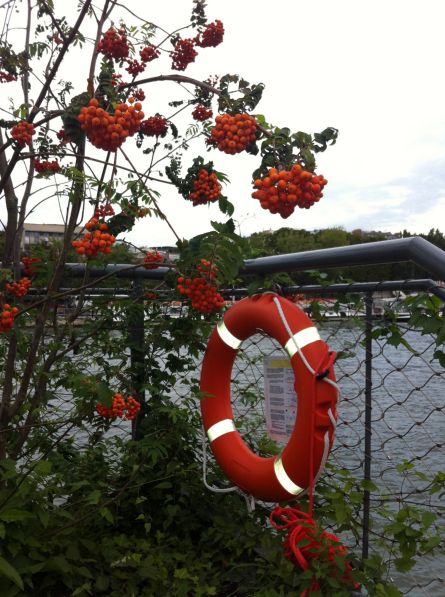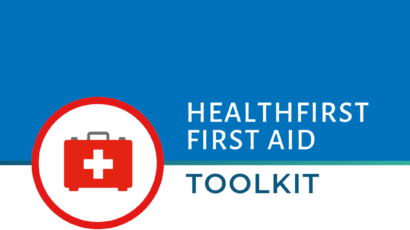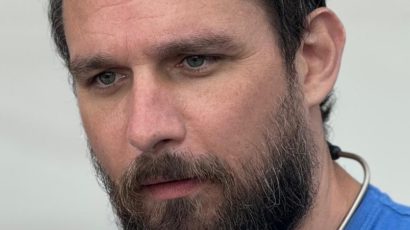Poisoning- An unwanted Christmas gift
Poison! Sounds so dramatic, doesn’t it? Conjures up images of Agatha Christie murder mysteries, Cold War plots and perhaps Snow White with her apples if you have little girls of a certain age.
Actually ‘poison’ is much more prosaic than that – especially when it comes to curious little children with nimble fingers and an incredible knack for opening the most difficult of cupboard doors and drawers.
What is a poison?
A poison is a substance, or a mixture of substances, that is harmful to the body in large or small quantities, and therefore can make a person ill. This substance can be swallowed, inhaled or splashed on the skin or eyes. Almost anything can be a poison – even excessive water!
What are most accidental poisonings in the home due to?
- Medications, e.g. painkiller syrups, vitamins, Granny’s heart pills
- Household products, e.g. bleach, dishwasher tablets, drain un-blocker
- Cosmetics, e.g. mouth wash, shampoo, nail varnish remover
- Alcohol of all sorts
- Plants – indoor and outdoor eg ivy, holly, yew, poinsettia, mistletoe – yes, all those Christmas plants that we love and fill our houses with at this time of year.

4300 people are poisoned each year in Switzerland, according to the Bureau of Prevention of Accidents – and the vast majority of these are children. It’s really hard to keep an eye on those busy little people all the time, so you can help reduce the incidence of accident poisoning by:
1. Keeping potential poisons in their original containers.
2. Keeping them out of sight and out of reach of children – preferably in a locked cupboard – remember they can climb high to that interesting cupboard in an instant!
3. Teaching children what they can and can’t touch, drink, open, play with.
4. Being especially careful during parties and holidays when we tend to relax our guard a little more.
5. Thinking that other people’s homes may not be as ‘child proof’ as your own – be vigilant when visiting friends and family.
6. Knowing what to do and who to call in the case of accidental poisoning…
So, what should I do if I suspect a child has been poisoned?
1. Remain calm and protect your own skin etc. with plastic gloves.
2. Try to find out what, how much, what time and what else has been taken? Keep the rest of the substance in a plastic box to give to the doctors.
3. If the child is otherwise well, phone the Switzerland-wide Poisoning Emergency line:
| Poisoning Emergency Line (free, 24hours a day) | 145 |
(For those living, or on holiday in France, the number is 04 72 11 69 11).
The experts on the line will be able to give you some targeted advice about the next steps to take, depending on what the child has taken and when. They will tell you whether to call an ambulance, take the child to hospital yourself or just to watch the child for any particular signs or symptoms. We call this ‘active observation’.
4. Stay with your child and watch them carefully. They may vomit so keep a bowl nearby.
5. If they become drowsy or unconscious, assess their Airway, Breathing and Circulation, and provided that they are breathing, put them in the recovery position and call 144.
6. If they stop breathing – start Cardio-Pulmonary Resuscitation (CPR) and make sure someone calls 144. If you are alone, you can give 2 minutes of CPR first before you call 144 and then, once the call is made, continue CPR with the minimum amount of delay. If you don’t know how – go on a First Aid course to learn and practice.
Should I make the child vomit? Or find something that neutralises the poison? Wouldn’t that help?
If the child spontaneously vomits, sit them forward so the vomit doesn’t block their airway. Once they have finished, collect the vomit to give to the medical staff. (This sounds like a rotten job but the doctors can test the pH and other chemicals in the vomit to help them know how best to treat the child. They can even count the number of tablets brought up and estimate how many are still down there, in the tummy).
However, never make a child be sick – the chemicals in the vomit can burn the food pipe and mouth on the way back up again. Also, the stomach acid and the contents can flow back into the lungs and cause a very nasty pneumonia.
Unless you are specifically advised to by the poisoning experts on 145, or the emergency services on 144, or at the hospital, do not give the child anything to eat or drink (not even that ‘cure all’ – milk) until they have been checked out by a doctor. Even water can react with some chemicals and cause more problems.
I hope this has given you some practical tips on how to help prevent a poisoning and what to do, just in case.
In the meantime, the team at HealthFirst wish you a happy and healthy Christmas.
Blog written by Dr Penny Fraser
© HealthFirst 2013





